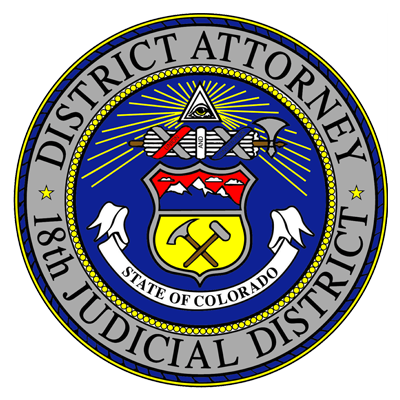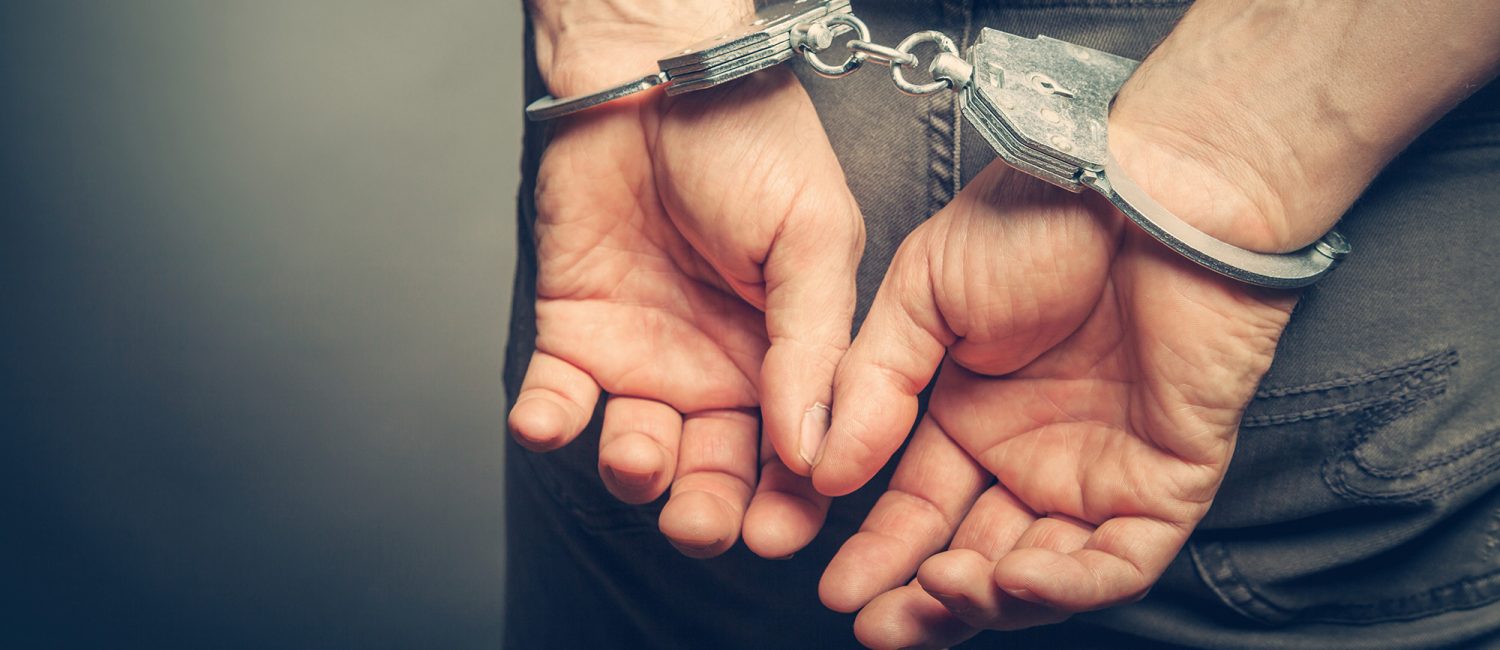Are you looking for information on the legal process for misdemeanor cases?
Are you curious about how misdemeanor cases in this jurisdiction come to resolution?
Do you wonder about what kind of “plea bargains” happen when a misdemeanor case comes to court?
We believe in transparency in the criminal justice system, and that citizens should know the answers. So, here you’ll find information on those questions. This is not legal advice, and is provided for the public to provide better understanding of the judicial process. If you are accused of a crime, you are advised to seek your own legal counsel and not rely on anything you see here or elsewhere on the internet.
The General Process For Misdemeanor Cases:
When a person comes to court for a misdemeanor charge or traffic offense, their case will be handled by a county court Judge or Magistrate. The attorney prosecuting the case is called the prosecutor or the district attorney, or sometimes the DA. The DA is represents the prosecution and is not the defendant’s attorney, and attorney cannot give the defendant or any other citizen legal advice.
At the first appearance, the defendant will be given a document advising them of their rights. Depending on the charges, a mandatory protection order (sometimes called a “restraining order” or “no contact order” or “MPO”) will be issued. A defendant will have the option to discuss the case with the assigned prosecutor and also hase the option to seek the advice of an attorney.
Most cases resolve with a plea agreement, also called a “plea bargain.” A plea agreement means the person charged pleads guilty and the prosecutor agrees to reduce the charge and/or the penalties associated with the charge. This may include reducing fines, costs, or the points against the person’s driver’s license. Occasionally, a plea agreement may result in the dismissal of some or all of the charges.
Most misdemeanor and traffic offenses are resolved on the first or second court date. If a person their right to a court trial or jury trial, the process takes longer.
Depending on the charge(s), a person charged with a crime may have the right to a jury trial. A jury trial involves 6 jurors (members of the community) in a misdemeanor or traffic case. If a person requests a court trial instead of a jury trial, the judge or magistrate decides the case. Whether a person has a jury trial or a court trial, the prosecutor has the burden to prove the allegations beyond a reasonable doubt.



